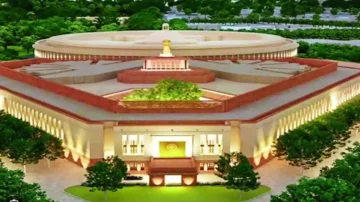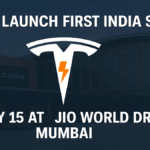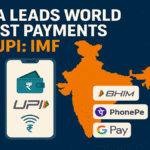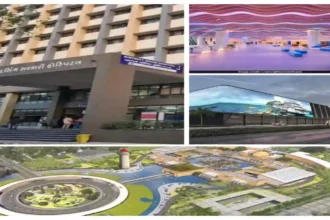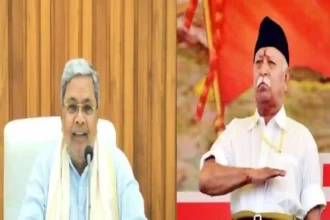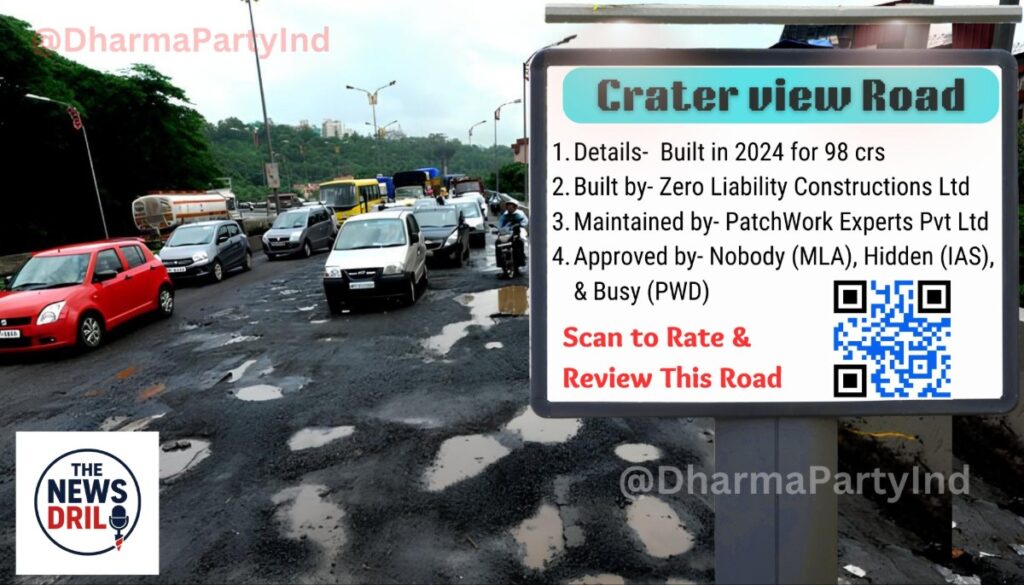
In an era where transparency is hailed as the cornerstone of good governance, the Dharma Party of India has launched a groundbreaking campaign that seeks to bridge the gap between public infrastructure and citizen awareness. Titled #KnowYourRoad, the campaign demands the mandatory installation of QR codes on all roads across the country. These QR codes, once scanned by any smartphone, would reveal critical information such as construction company name, project cost, names of government officials involved, and details of the firm currently maintaining the road.
- What is the #KnowYourRoad Campaign?
- Why Transparency on Roads is Critical
- Sample Use Case: Crater View Road
- Citizen Participation and Crowd Based Ratings
- Potential Benefits of the #KnowYourRoad System
- Feasibility and Implementation Challenges
- Public and Political Reactions
- Conclusion: Know Your Road, Know Your Rights
The initiative has already gained momentum on social media platforms and has been praised for its simplicity, feasibility, and potential to dramatically increase government accountability in infrastructure projects.
What is the #KnowYourRoad Campaign?
Launched by the Dharma Party of India (@DharmaPartyInd), the #KnowYourRoad campaign is a public initiative that calls for the installation of QR codes at regular intervals on every public road. When scanned, these codes should provide:
- Construction details (year built, cost, contractor)
- Government official approvals (MLA, IAS officers, PWD)
- Maintenance details (current firm responsible)
- Road condition rating system (for citizen feedback)
This campaign aims to empower citizens with the right to information about the roads they use daily, making it easier to report mismanagement, hold officials accountable, and demand timely repairs.
Why Transparency on Roads is Critical
Roads are a fundamental part of a nation’s infrastructure. Yet, corruption, poor quality construction, and lack of maintenance plague many parts of India. Often, roads deteriorate within months of being built, leading to accidents, traffic jams, and avoidable deaths.
The KnowYourRoad campaign highlights the following pain points:
- 1. Opaque Tendering Processes – Contracts are often awarded without proper scrutiny or public disclosure.
- 2. No Public Oversight – Citizens don’t know who to hold accountable when roads are damaged.
- 3. Recurring Scams – Crores are spent every year, yet roads remain in a terrible state.
- 4. Zero Accountability – No clear chain of responsibility for road maintenance.
By placing QR codes on roads, the Dharma Party proposes a technological solution that can bring transparency, accountability, and public participation to the forefront of road governance.
Sample Use Case: Crater View Road
As illustrated in the Dharma Party’s viral image, a hypothetical example titled “Crater View Road” presents a sarcastic but poignant demonstration of how QR codes could work. Here’s what the board displays:
- Details: Built in 2024 for ₹98 crores
- Built by: Zero Liability Constructions Ltd
- Maintained by: PatchWork Experts Pvt Ltd
- Approved by: Nobody (MLA), Hidden (IAS), & Busy (PWD)
- QR Code: For rating and reviewing the road condition
This humorous yet effective visual has drawn widespread attention and led to thousands sharing the #KnowYourRoad campaign.
Citizen Participation and Crowd Based Ratings
A key feature of the KnowYourRoad initiative is the ability for citizens to rate and review roads. Through the QR code:
- People can give a star rating to the road’s condition.
- Users can upload photos of potholes or damage.
- A complaint can be auto-forwarded to the concerned municipal body or PWD.
- Repeat complaints can trigger automated public reports, making it difficult for authorities to ignore.
Potential Benefits of the #KnowYourRoad System
1. Real Time Accountability: With every road traceable to a builder and an official, there’s less scope for corruption or neglect.
2. Crowdsourced Monitoring: Citizens become watchdogs. Government bodies can tap into this public feedback to prioritize repair works.
3. Boost to Good Contractors: Firms delivering quality infrastructure can build trust and a good public profile, aiding future tenders.
4. Reduces Bureaucratic Excuses: No more “we don’t know who’s responsible.” The QR system will clearly list the chain of responsibility.
Feasibility and Implementation Challenges
While the #KnowYourRoad campaign has received massive support online, implementation would require collaboration between multiple agencies:
- Municipal corporations must adopt standard QR signboards.
- Central databases need to be linked to each QR code.
- Mobile app or web portal should be developed for viewing and rating.
- Awareness campaigns must be launched to teach the public how to use it.
Funding, political will, and administrative support will be crucial to ensure this idea translates from Twitter threads to national roads.
Public and Political Reactions
Citizens, influencers, and even some public officials have appreciated the innovative approach. Many Twitter users noted that such transparency could also be extended to:
- Government buildings
- Public toilets
- Public parks and civic facilities
On the other hand, some critics argue that the idea could be technologically intensive and face resistance from corrupt contractors and officials. But proponents insist that transparency is a non-negotiable in modern democracy, and QR tech is widely accessible.
Conclusion: Know Your Road, Know Your Rights
The KnowYourRoad campaign is a timely reminder that governance doesn’t have to remain behind bureaucratic walls. In a country where road-related corruption and neglect have become normalized, it offers a practical, scalable, and citizen centric model for change.
As the Dharma Party of India rightly says Transparency is the first step to accountability. By turning every road into a publicly traceable asset, India can not only improve infrastructure quality but also nurture a culture of active citizen engagement and good governance.
Let’s not wait for another pothole to cause tragedy let’s demand the right to #KnowYourRoad.
Stay Connected with The News Drill (TND) for more updates. Stay informed. Stay updated. Stay Ahead.
Contact us: contact@thenewsdrill.com
Submit a tip or story: editor@thenewsdrill.com or visit our contributor page.
Powered by The News Drill | TND Transparency. Governance. Accountability.
Pic source & Credits: Dharma Party of India (only for graphical representation).


